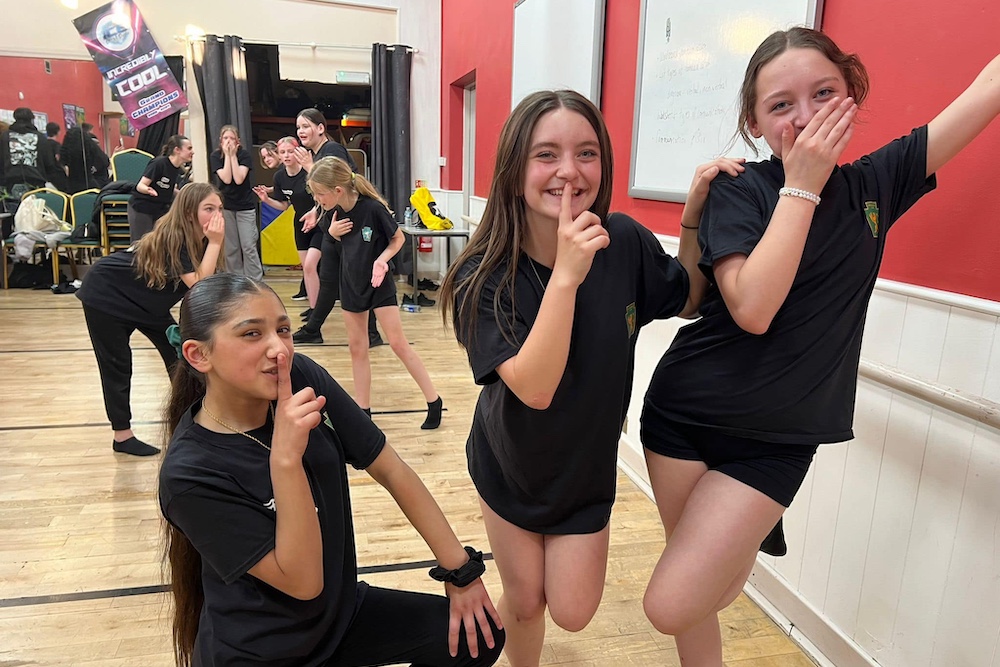
According to research conducted by Leeds Beckett University, The Hunslet Club in Leeds has demonstrated a remarkable Social Return on Investment (SROI) that is unprecedented.
The study found that for every £1 invested in the club, an average of £120 in social value is generated annually, with the range spanning from £66 to £174, depending on the specific program or activity.
Social Return on Investment (SROI) measures the value of positive social impact created for every pound spent. It goes beyond money, showing how investments in organisations lead to real-life benefits, such as improved wellbeing, education, or reduced crime, by turning those outcomes into measurable, meaningful results.
This means that an initial investment of £10,000 yields approximately £1.2 million in social value over a year. This substantial return reflects the club’s extensive work in providing sports, performing arts, vocational training, and youth outreach programs that positively impact young people and the local community.
The Hunslet Club is a not-for-profit youth organisation and registered charity based in South Leeds, dedicated to helping young people achieve their full potential since 1940. Operating six days a week, The Hunslet Club delivers over 114 sessions weekly, including sports like football, boxing, rugby, and gymnastics and performing arts such as hip-hop, ballet, and drama. With almost 4000 members, the club serves as a safe and inclusive space for young people aged 18 months to 25 years, offering a wide range of activities and programs designed to build confidence, skills, and community engagement.
The research also highlights the club’s success in engaging over 2,000 young people weekly, offering free and subsidised sessions to ensure inclusivity and accessibility. . The club’s pricing policy, which has remained unchanged for over a decade, ensures accessibility for all, with most activities costing only £1.50 or being free, regardless of participants’ social or economic circumstances.
Dr. Joanne Trigwell, a lecturer in the School of Health at Leeds Beckett University, attributes the club’s success to its dedicated staff, high-quality facilities, diverse and affordable activities, and a warm, inclusive environment.
In a time where young people face increasing challenges, from mental health struggles and social isolation to limited access to positive extracurricular activities, spaces like The Hunslet Club are more vital than ever. They offer not just structure and opportunity, but a sense of belonging and purpose. For many, the club becomes a second home, a place where they’re encouraged, empowered, and equipped with skills that extend far beyond the classroom. By investing in youth-focused organisations like The Hunslet Club, communities can help shape a brighter, more resilient future for the next generation.
For a more detailed understanding of The Hunslet Club’s impact, you can read their full Impact Report here: www.hunsletclub.org.uk/the-impact-of-the-hunslet-club
This post was written by Zoe Creasser
Photo: The Hunslet Rogues drama group in rehearsal
We encourage anyone living or working in South Leeds to use this website to tell their news. You can either use the Create an article for South Leeds Life page, or email us at: info@southleedslife.com
While you’re here, can we ask a favour?
South Leeds Life is published by a not-for-profit social enterprise. We keep our costs as low as possible but we’ve been hit by increases in the print costs for our monthly newspaper which have doubled in the last two years.
Could you help support local community news by making a one off donation, or even better taking out a supporters subscription?
Donate here, or sign up for a subscription at bit.ly/SLLsubscribe


